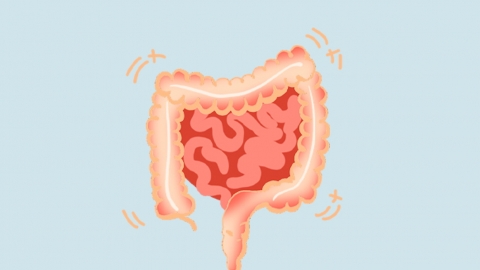What is invasive Escherichia coli enteritis in newborns?
Normally, invasive Escherichia coli enteritis in newborns is an intestinal inflammation caused by infection with invasive E. coli, primarily characterized by damage to the intestinal mucosa and diarrhea. Due to their weak immune systems, newborns require special attention. If there is any concern, it is advisable to seek medical consultation promptly. Detailed analysis is as follows:

Invasive E. coli enters the newborn's intestine through contaminated milk, water sources, or contact transmission. The bacteria invade intestinal mucosal cells, causing mucosal congestion, edema, and even ulcers, triggering an inflammatory response. Clinically, this often presents as mucus-containing bloody stools, frequent diarrhea, fever, and other symptoms. In severe cases, dehydration and electrolyte imbalances may occur, affecting the newborn’s normal growth and development.
However, some infected newborns may exhibit only mild symptoms, such as slight diarrhea or small amounts of mucus in the stool, without obvious signs of fever or dehydration. These milder cases are often related to the number of infecting bacteria and the newborn's own immunity. With timely intervention, recovery tends to be rapid, without long-term health consequences, so excessive worry is unnecessary.
Newborns showing suspected symptoms should seek immediate medical attention for diagnosis via stool testing. During treatment, ensure milk hygiene, provide proper diaper care to prevent secondary infections, strictly follow medical instructions for medication, and monitor body temperature, bowel movements, and mental status. Report any abnormalities to the doctor promptly to adjust the treatment plan accordingly.




